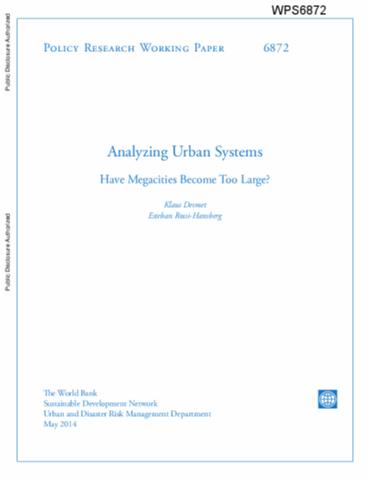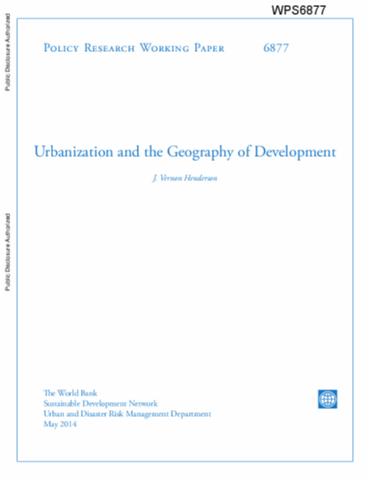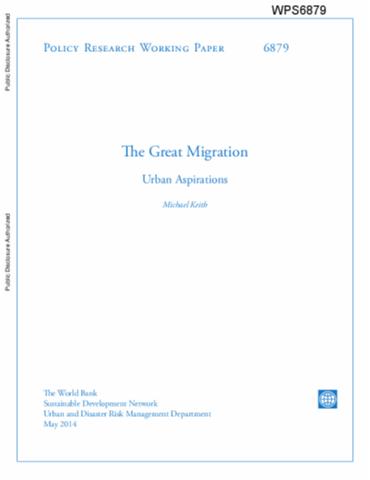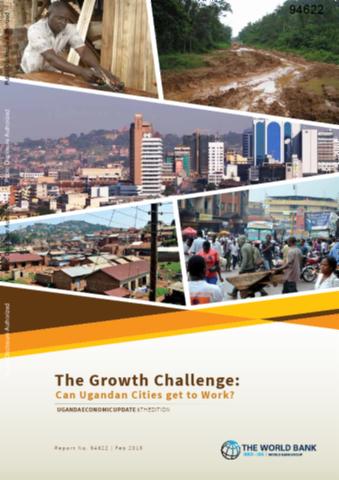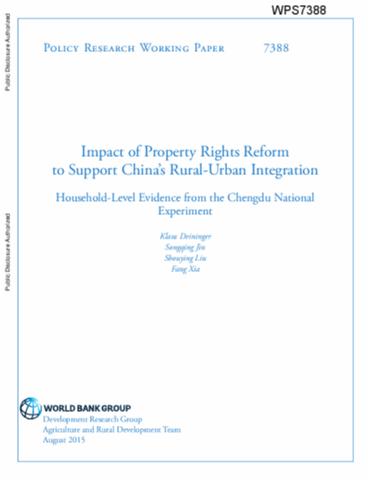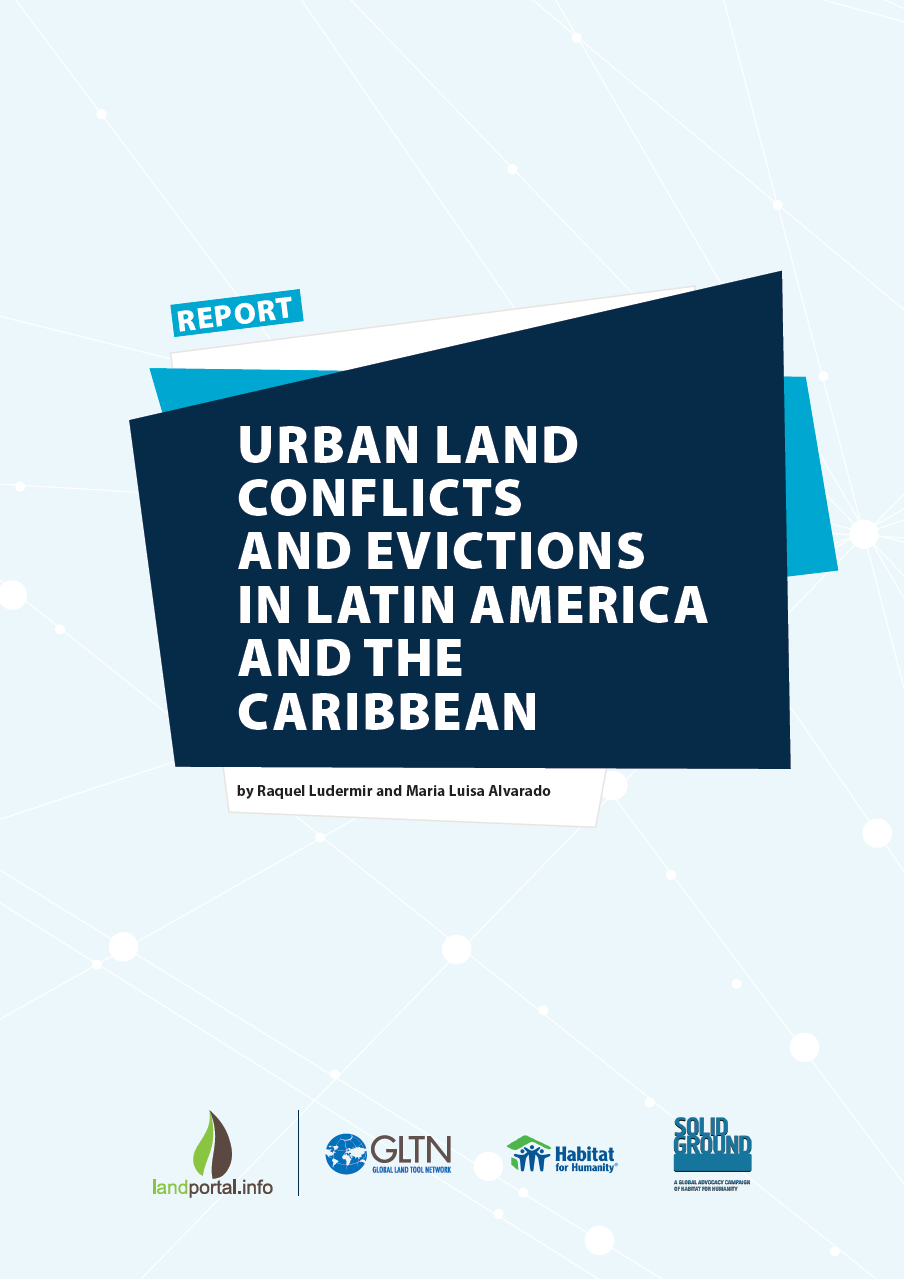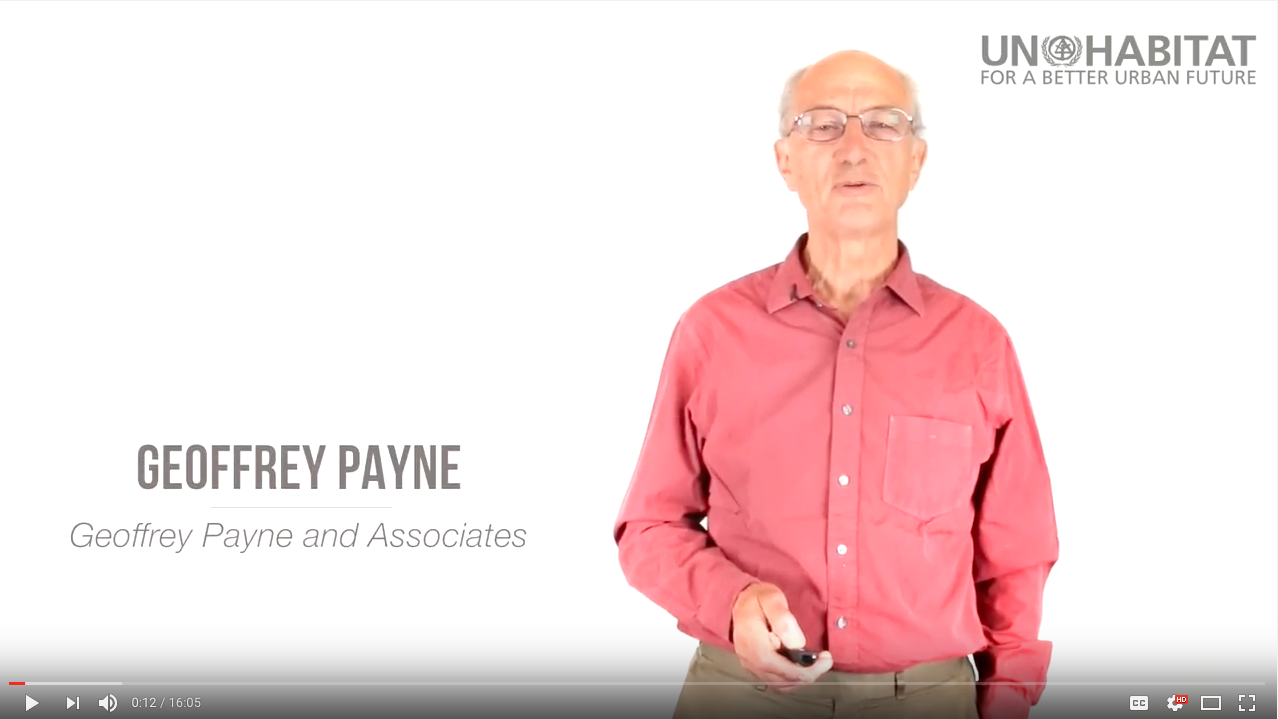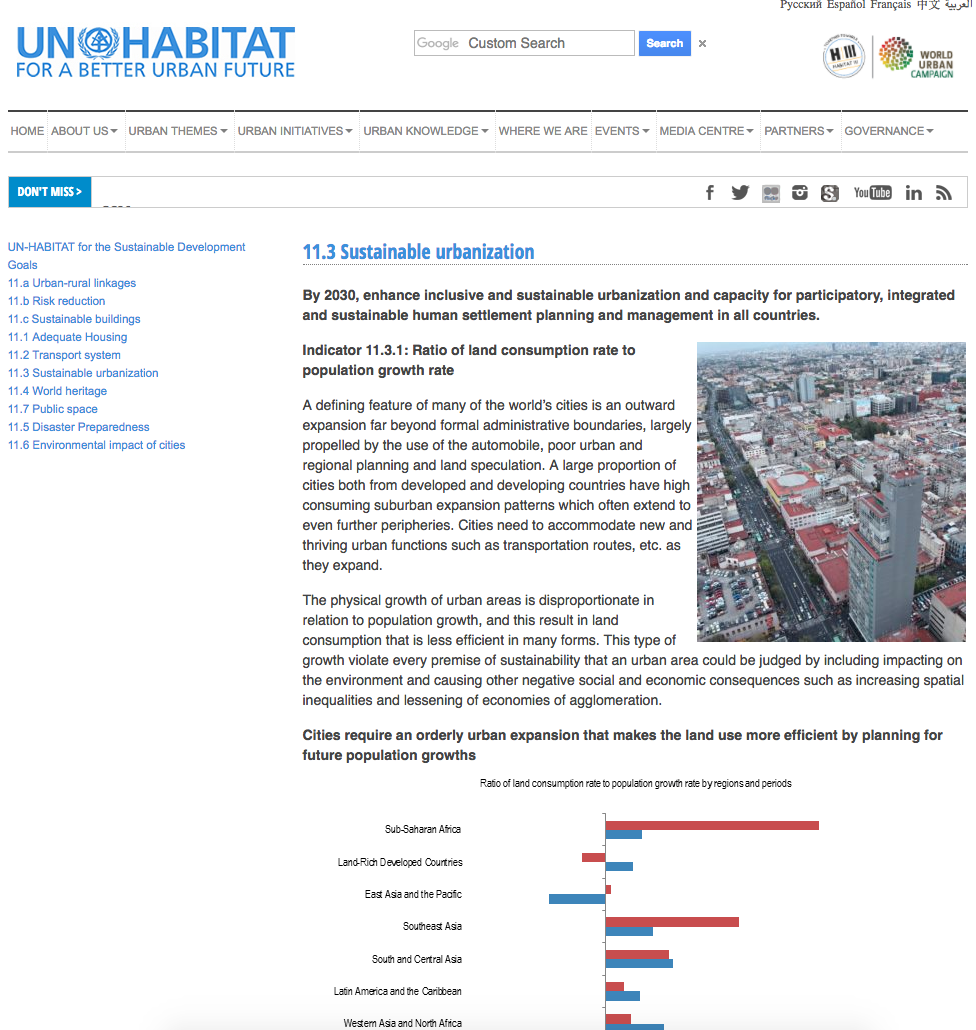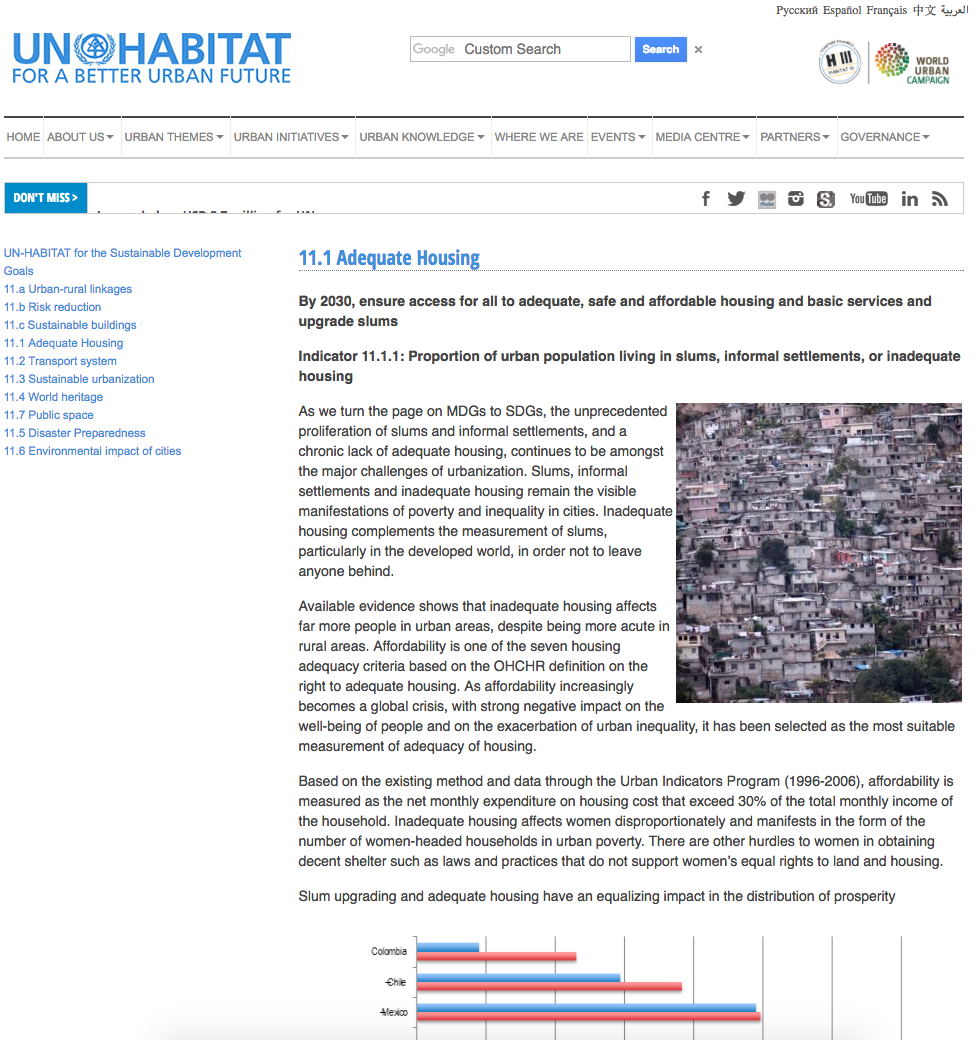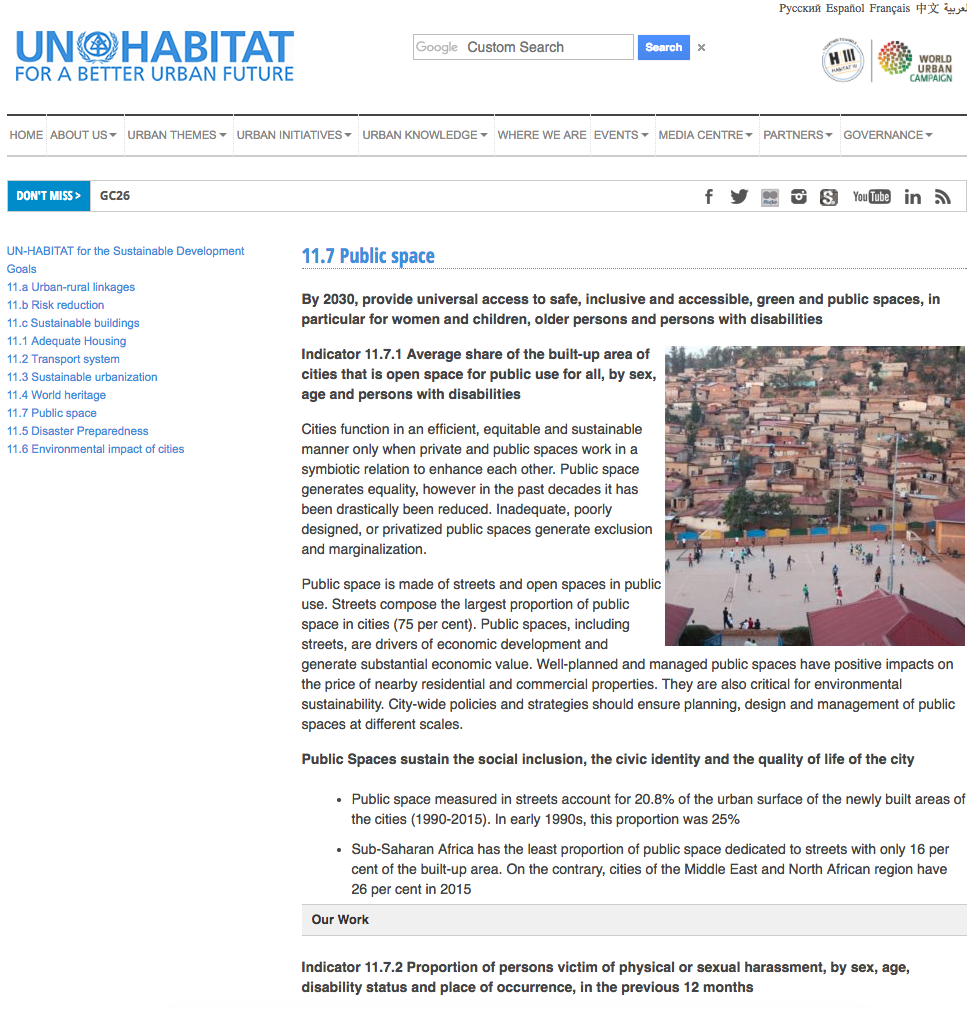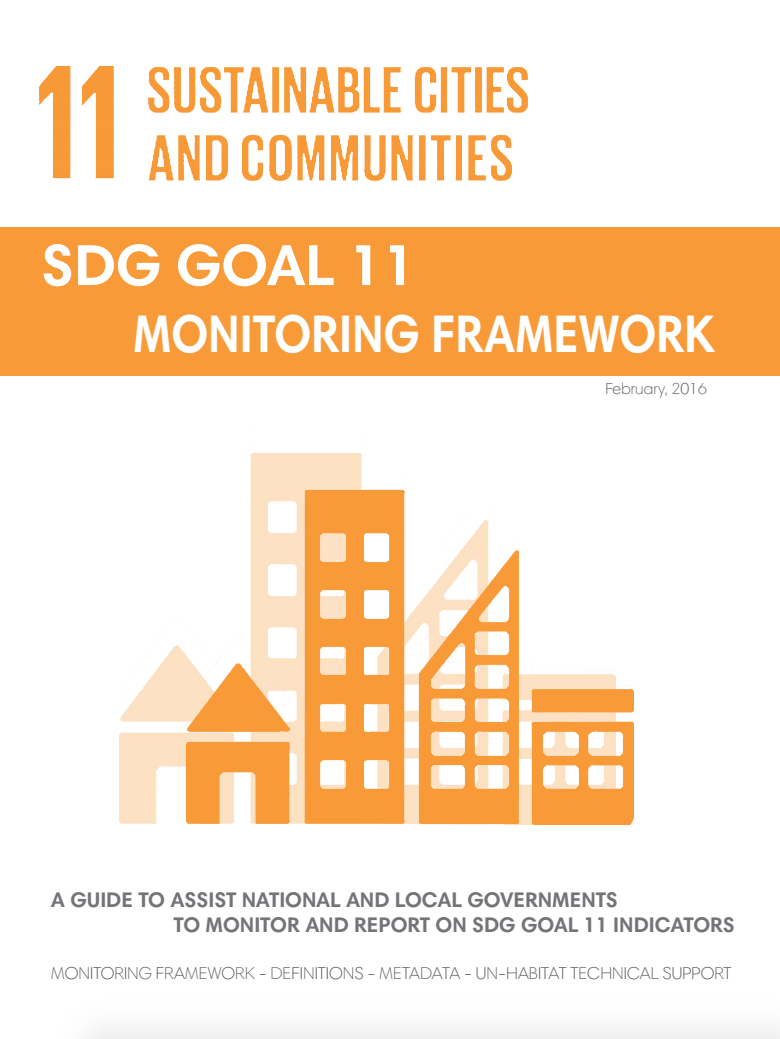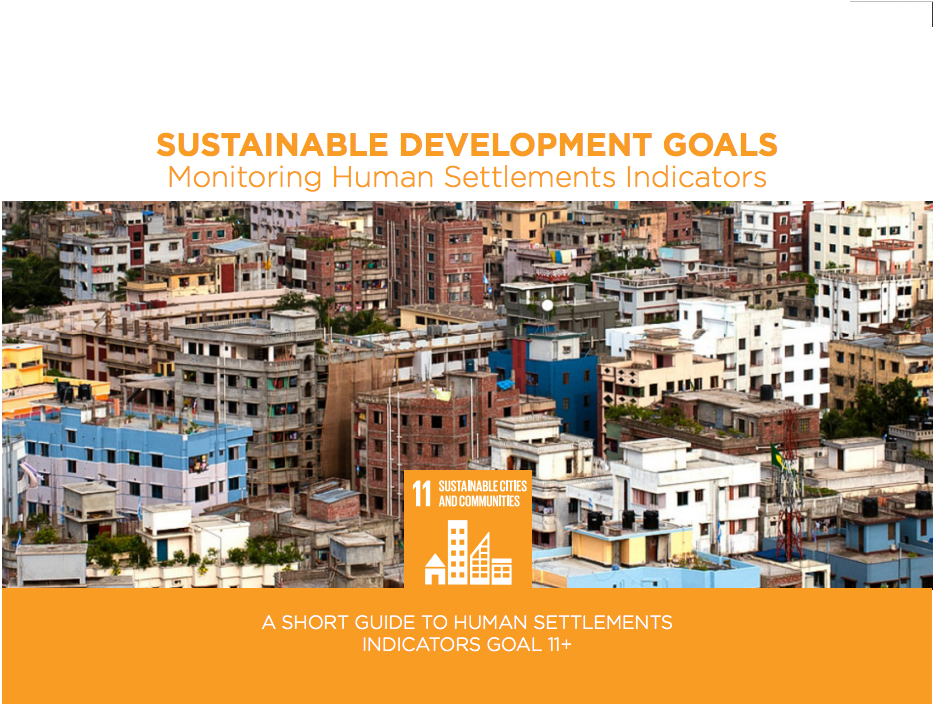Analyzing Urban Systems : Have Megacities Become Too Large?
The trend toward ever greater urbanization continues unabated across the globe. According to the United Nations, by 2025 closes to 5 billion people will live in urban areas. Many cities, especially in the developing world, are set to explode in size. Over the next decade and a half, Lagos is expected to increase its population 50 percent, to nearly 16 million. Naturally, there is an active debate on whether restricting the growth of megacities is desirable and whether doing so can make residents of those cities and their countries better off.

